
Along with the two main mistakes a novice exhibitor makes, that
of holding the show lead in two hands instead of one, and of
taking tiny little mincing steps when gaiting his dog, there are
many small things, not exactly mistakes, which should be pointed
out in order to improve handling. These are not in any
particular order of importance, for when it comes right down to
fine points, they are all important.
1. When showing your dog, use a firm hand — firm but not rough.
The rough handling, if you have a hard-headed dog, should be
done at home during the training period, certainly not in the
show ring. Occasionally it may be necessary to reprimand a dog
in the ring if he seems to have forgotten all his training, but
when it is necessary, you should speak harshly to him, perhaps
using a few light taps where they will do the most good. The
gasp that goes up around the ringside whenever a dog is loudly
spanked in the ring, even though the dog is not hurt, will
convince you that I am correct.
It is necessary that you acquire a firm hand so that the dog
knows what you expect of him. A wishy-washy touch with a dog is
as bad as a wishy-washy handshake. The limp handshake might lose
you an expected friend and a too-light touch with a dog might
lose you an expected ribbon.
2. Don’t get down on both knees when you pose your dog. In order
to get out of this position you must shift all your weight to
one knee while you are bringing the other foot into position to
stand on it. Frequently you lose your balance getting out of
this position. I will admit that sitting on your heels during a
large class is better than having nothing to sit on, but in the
long run you will find the position has more drawbacks than it
has comfort.
In showing a great many breeds you will be standing upright all
of the time, but if you must get down lower, try the squat, or
try placing only one knee on the ground and keep the other leg
bent. Whichever you choose, keep your back as straight as
possible. Either of these two positions allows you to get on
your feet quickly and gracefully without the danger of losing
your balance.
3. When you are in the show ring, don’t waste your time looking
aimlessly around. While waiting for the class to begin, glance
at your dog frequently to be sure he has not assumed a grotesque
pose or that he is not getting into some mischief with another
dog while you are staring into space.
While the dog is in a show pose, check on him frequently to be
sure he has not stepped into a less attractive stance. If he is
maintaining the correct pose, don’t fuss with him. Unless there
is something that needs correcting, don’t spoil the picture your
dog is making by nervous fussing with him which will accomplish
nothing.
4. If you are showing your dog at a summer show out in the
broiling hot sun and you are entered in a very large class which
must, of necessity, take the judge a long time to do, here is a
little tip. For you, as the handler, there is no way out of it,
but you could try to cast a shadow with your body to give your
dog a little comfort while waiting for the judge.
If it is a very large class, don’t pose your dog until the judge
is just two or three dogs away from yours. Your dog will be just
a little less tired of it all when the judge gets to him, and
these little things count quite a lot in hot competition.
These four tips come from years of personal experience, and even
professional dog handlers often overlook them. Just remember
these easy pieces of advice, and your showing will go smoother
but avoiding small annoyances, and allow you to focus your
attention on the bigger issues.
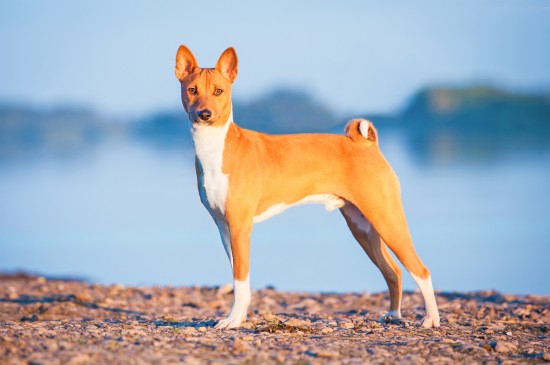 How To Proceed If Your Pedigree Dog Is Diagnosed With A Hereditary Health Condition
How To Proceed If
How To Proceed If Your Pedigree Dog Is Diagnosed With A Hereditary Health Condition
How To Proceed If
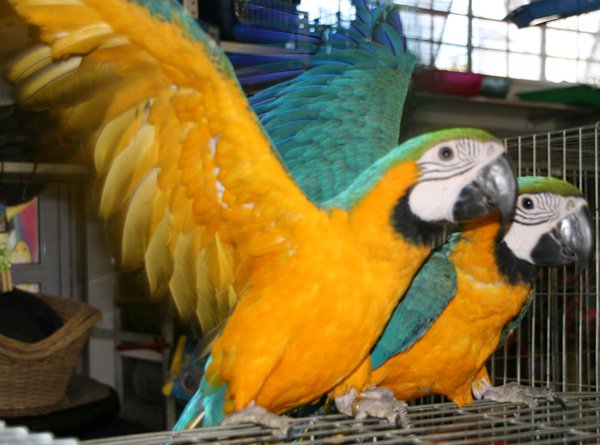 What To Do With The Pet Recalled Food
What To Do With The Pet Recalled Food
There ar
What To Do With The Pet Recalled Food
What To Do With The Pet Recalled Food
There ar
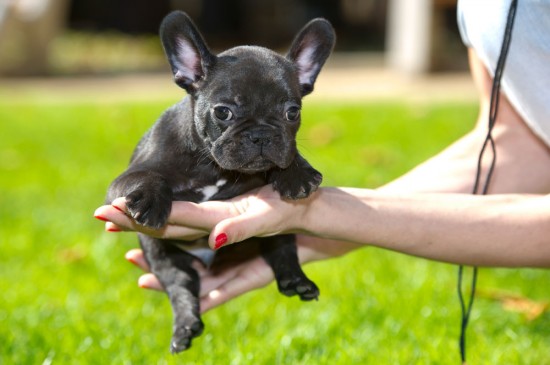 Ten Pitfalls To Avoid When Buying A Pedigree Puppy
Ten Pitfalls To A
Ten Pitfalls To Avoid When Buying A Pedigree Puppy
Ten Pitfalls To A
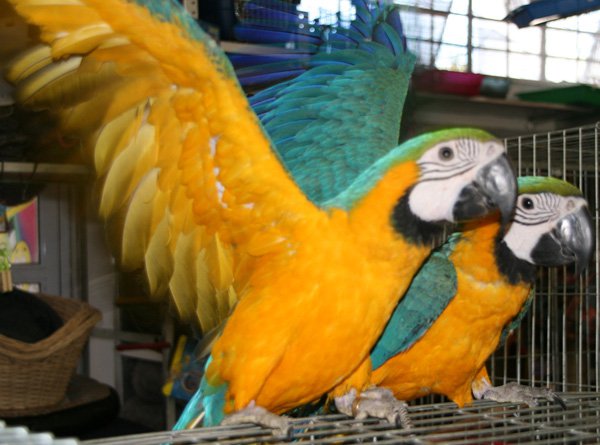 Bedbugs–Get Assistance to Get Rid of the Blood Sucking Pests
Bedbugs–Get Assistance to Get Rid of the Blood Sucking Pes
Bedbugs–Get Assistance to Get Rid of the Blood Sucking Pests
Bedbugs–Get Assistance to Get Rid of the Blood Sucking Pes
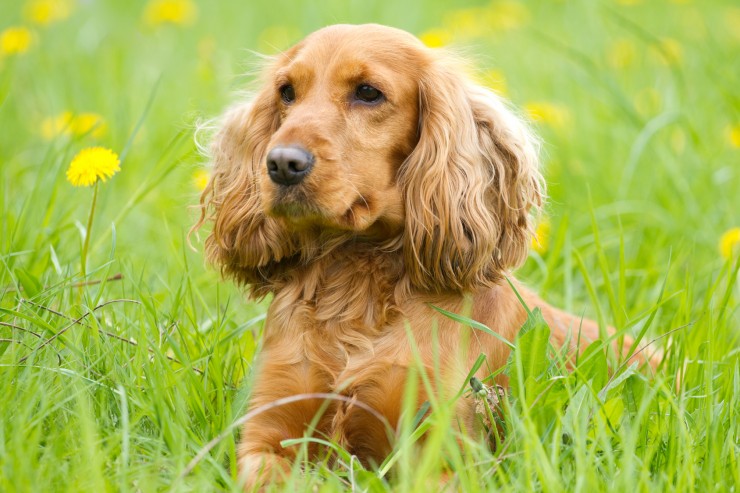 Cocker Spaniels And Ear Problems
Cocker Spaniels A
Cocker Spaniels And Ear Problems
Cocker Spaniels A
Copyright © 2005-2016 Pet Information All Rights Reserved
Contact us: www162date@outlook.com